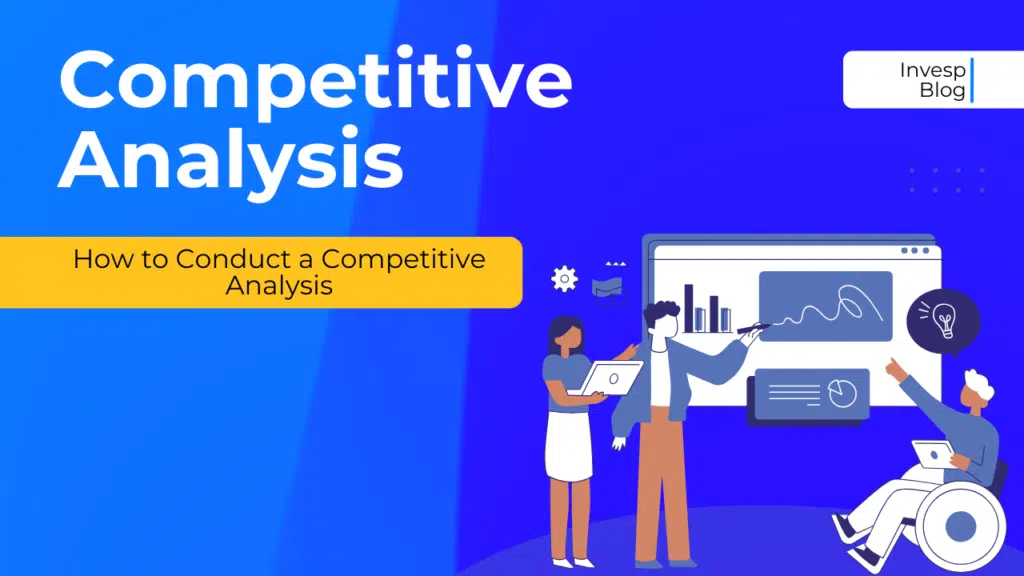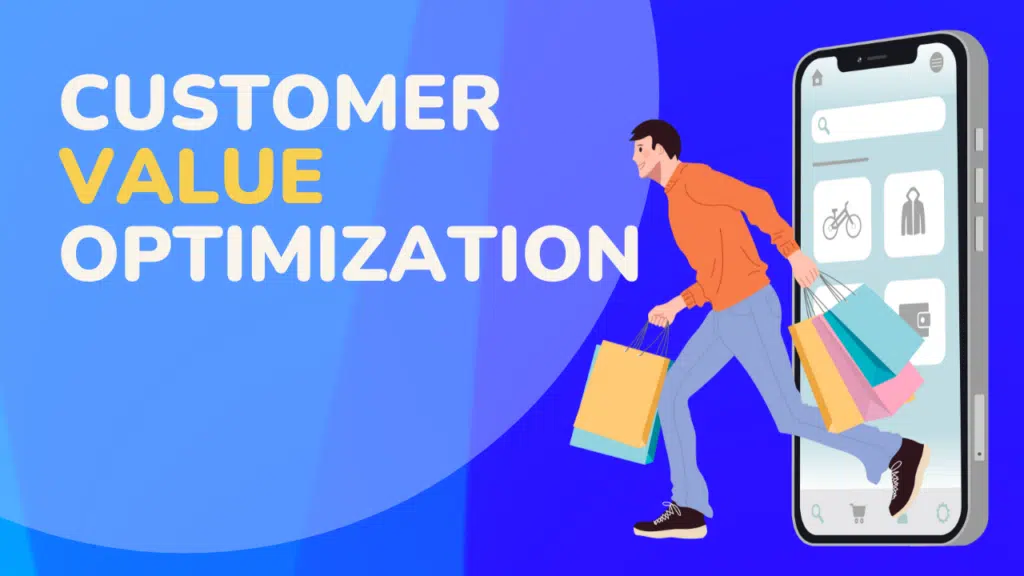
Warning: this is a rant post.
I’m starting to wonder if there’s any other kind for me.
Today’s topic of choice: the new trend of online businesses removing email support from their websites.
You read right.
If you’re anything like me, the very idea sends shivers up your spine. You might ask, “How could any business owner possibly consider that to be a smart move?” Well, I’m asking it, too.
But it’s a curious reality that I’ve seen more than once in the past few months.
Now, I don’t want to call out any specific businesses that may be harmed by said calling out. As we know, things are tough all around (which, incidentally, makes this type of move even more unfathomable). Instead, as an example, I’ll use a big company that seems to pride itself on the decision: Netflix.
Why the change?
Let’s list some reasons why opting for a phone-only support system is, generally, a bad idea:
- Prospects and customers expect that online businesses will offer email support
- Prospects and customers default to email when an inquiry arises
- Prospects and customers like options
- Email support is cheaper than phone support
Of course, there are many other reasons why choosing phone support over email support is a questionable decision, but those are, arguably, the main ones.
Why are these some of the main reasons?
Well, when online businesses don’t use email support, it may be assumed by prospects that the business isn’t legit. It’s hard enough to try and run an online business with an email registered with a free ISP like Hotmail, Yahoo or the like. Imagine the trouble you’ll encounter trying to convince prospects you’re legit if you don’t provide any email address at all.
The assumption that business owners make, when opting for phone-only support, is that customers will prefer to pick up a phone and talk to a customer service representative each time they have a question or an issue. That is an assumption that takes a lot of faith, considering that the prospect is originally from the Internet. The fact is that not every issue requires a phone call and time out of a prospect’s day. Likewise, not every prospect prefers to pick up a phone at all. Sometimes, it’s easier and more logical for both business owners and prospects to correspond through email.
It’s also cheaper. Let’s face it: phone-only support is a waste of resources if some issues are non-priority and can be resolved with a few keystrokes instead of a phone call that takes minutes out of a customer’s day and dollars out a business owner’s profits.
Netflix’s take
I’ve been a Netflix customer and fan for close to five years now. Their business model isn’t 100% perfect, but it is very satisfying for those in the market for their type of service.
However, one of their problems is glaringly obvious now. Whereas they were once customer-centric in both service and support, they are now business-centric.
You simply cannot create a business, ostensibly, with the customer in mind, and then renege on those ideals later. Well, you can, but it would be difficult to do without having to contend with a few posts like this.
Today, Netflix’s model is for Netflix. Obviously, all businesses are created with business owners and profits in mind. But I don’t think I’ve ever seen such a clear cut shift of focus from consumer to business.
To be fair, Netflix has never made it easy for customers to find and use email support. I’ve always wondered why, since their very name lends to the fact that they run an online business, which is to be used on the Internet. It’s clear that they’ve always preferred phone support. However, their phone-only decision came about after the news of lost customers to competition and their desire to make human “connections” with customers that could inspire loyalty. Those things were email support’s coffin nails. And now we, the consumers, are suffering.
But we won’t be the only ones.
Regardless of how Netflix wants to spin it, abandoning email support is probably the worst thing that they could have done in terms of keeping customers around. The public- their public- does not care if a person is readily available to take their call if the public is more comfortable sending inquiries over email. The public simply feels cheated and frustrated if they can’t communicate through their preferred method. They also feel imposed upon if they only have one option at their disposal.
Netflix has it wrong.
In my mind, when you make customer service your priority, you make customers your priority and they, in turn, make your profits their priority. It’s a fine cycle.
And, really, in an age when online customer service would do well to undergo a revolution, the answer is not to default to traditional methods. As online business owners, we have to realize that the “customer service” part of the equation is even more important when a business operates on the Internet- where the physical distance between customer and business is greatest and where, often, customer support can be the determining factor for conversions and loyalty.
When that is acknowledged, that’s when the true “connections” can begin.
Have any of you dropped email support for your businesses?



